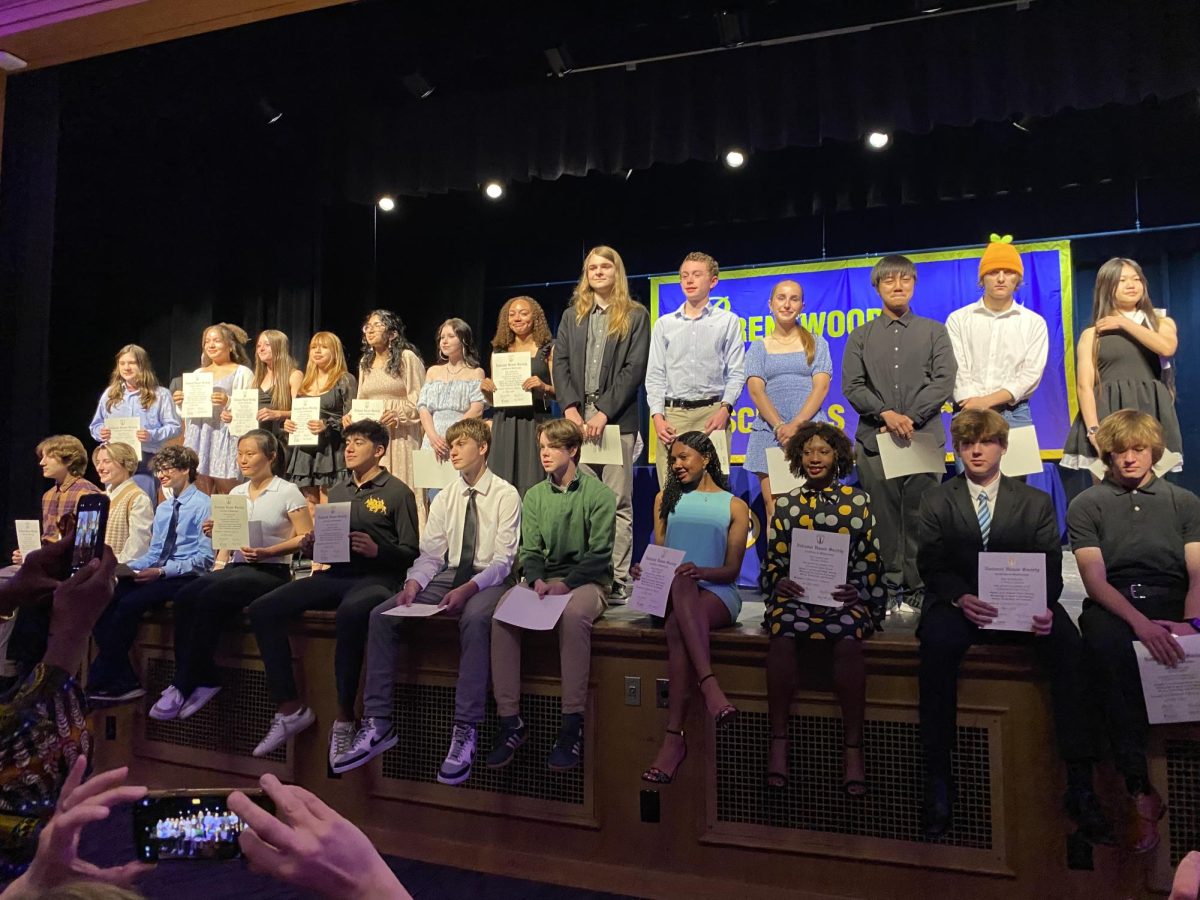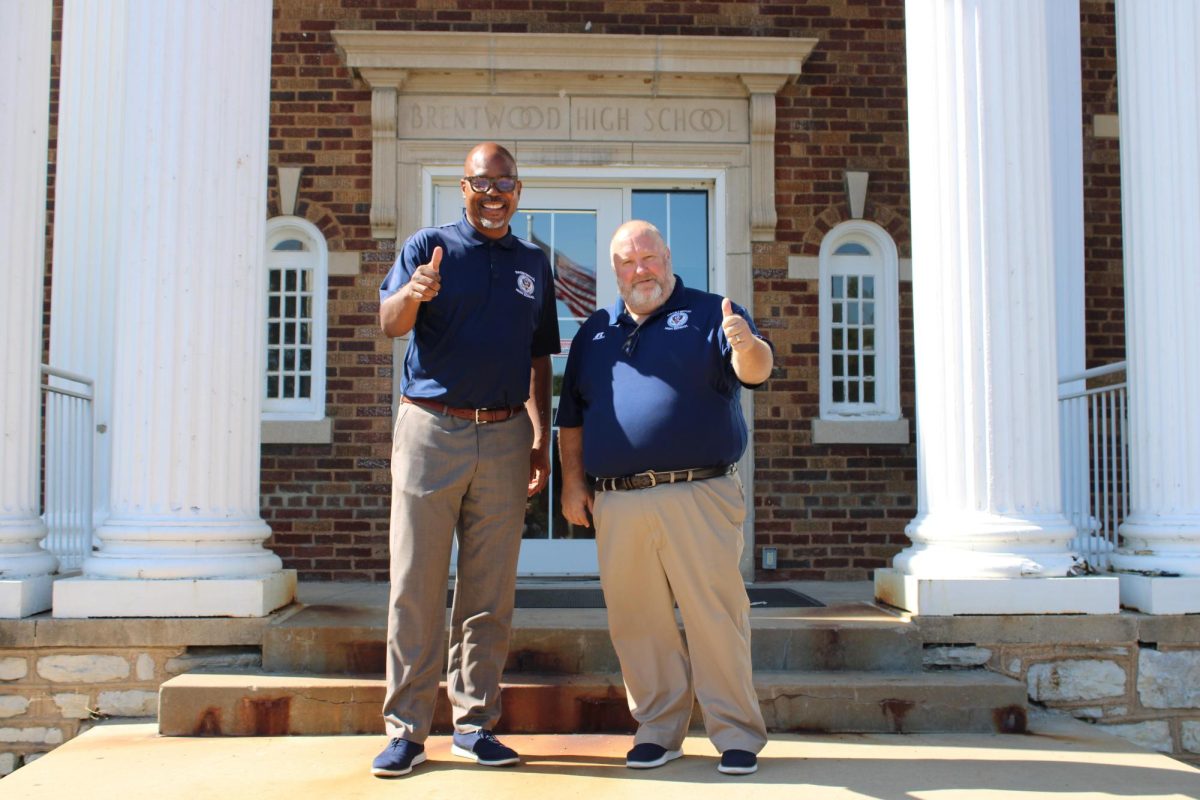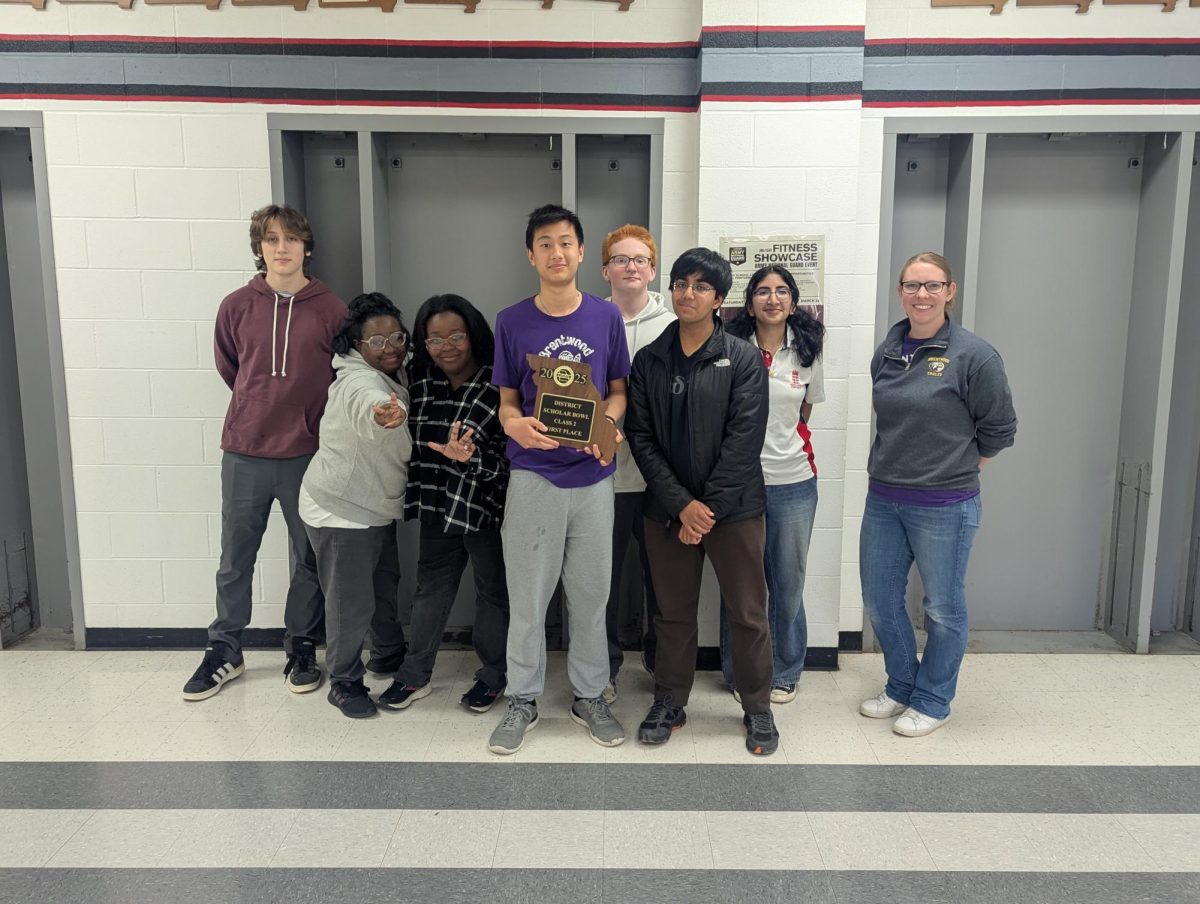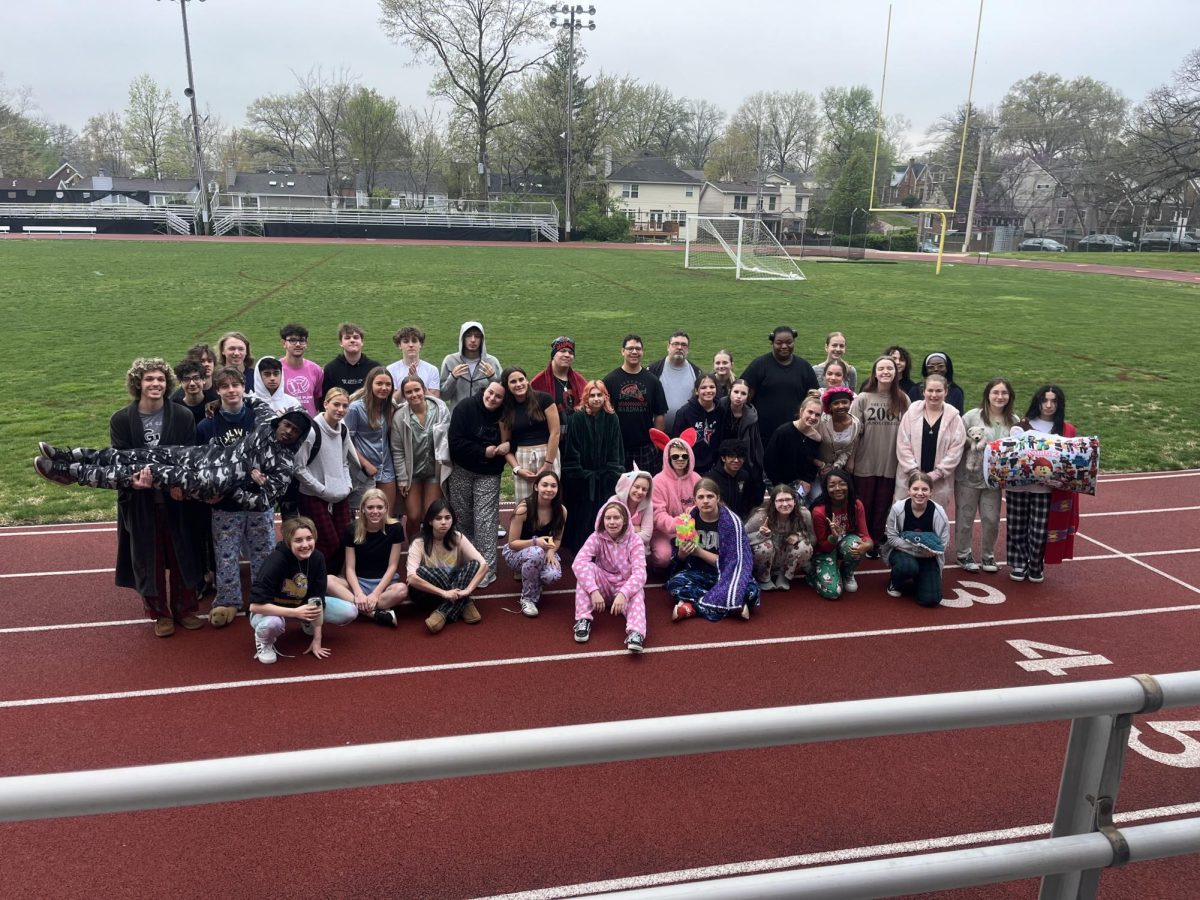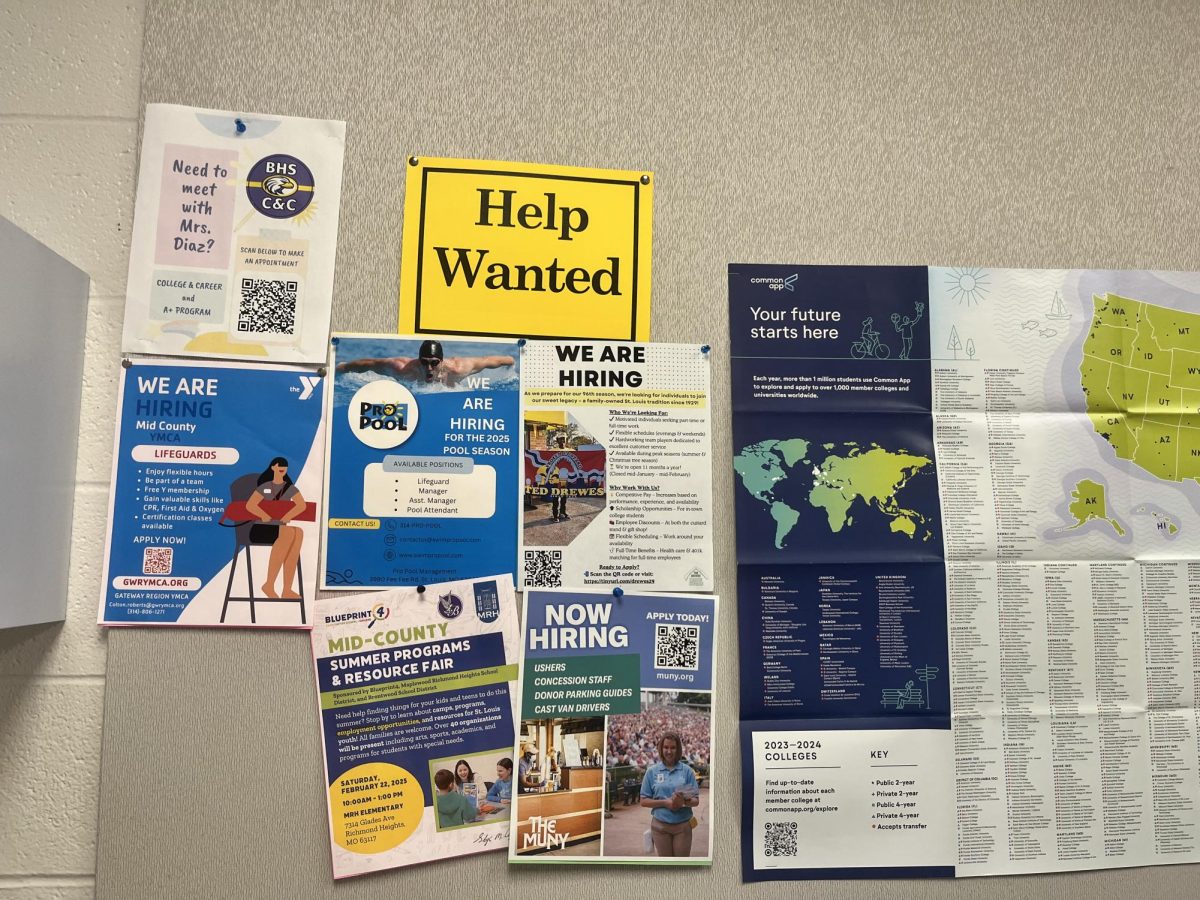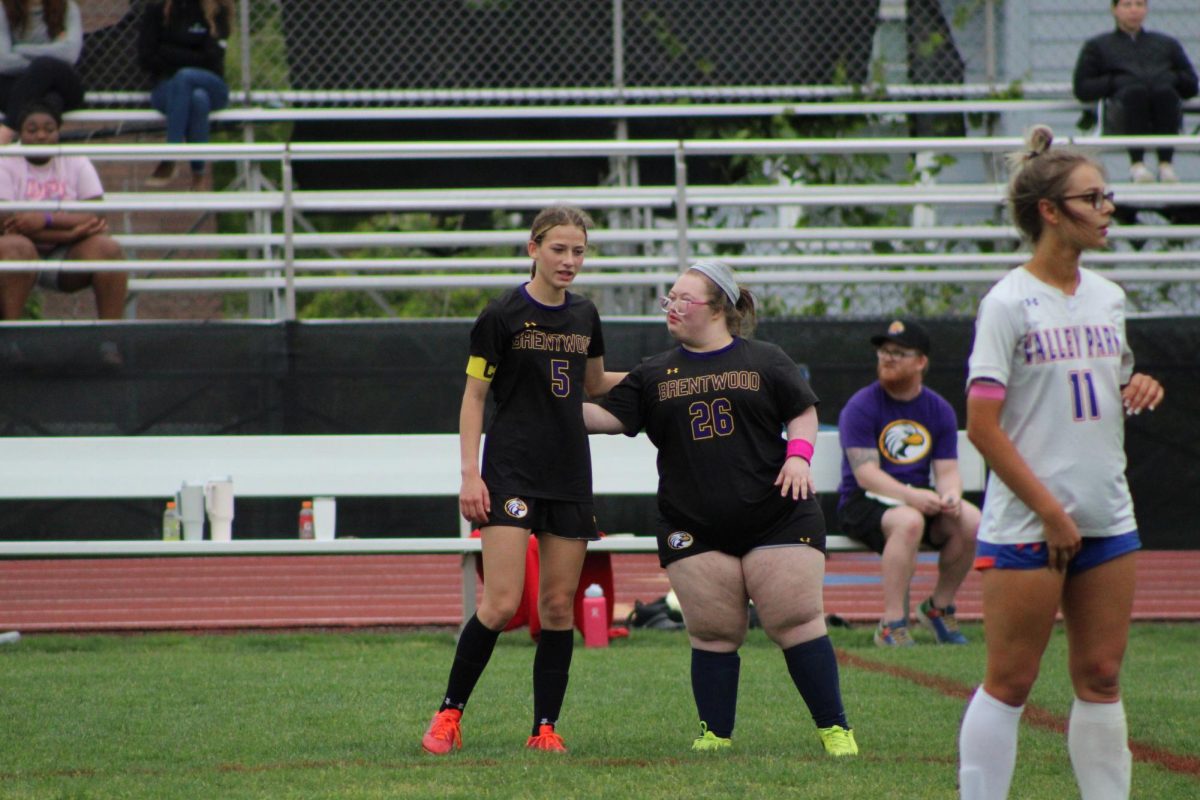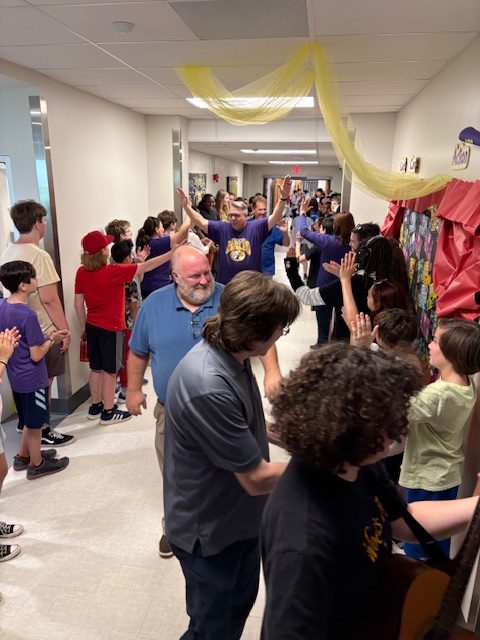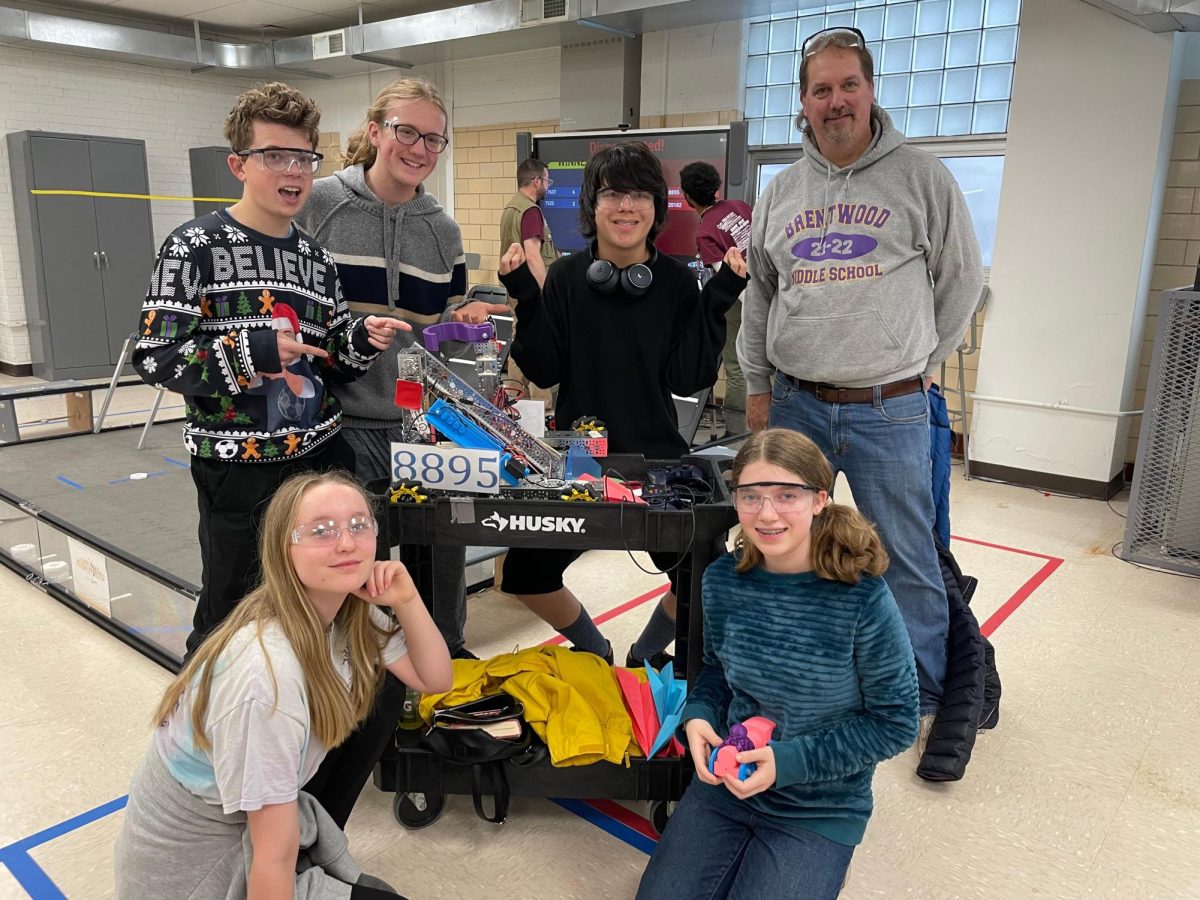On October 30th, a silent school board sat staring at parents who one by one shuffled to the podium, seeking to sway their child’s education.
“Do you think adults forcing children to do something that they shouldn’t do – but also they don’t want to do – is bullying?” asked Rockwood School District parent Kevin Lloyd in regards to his child having to wear a mask to school.
“We send them (their students) to school where we think they are safe only to find that they are freely offered books that most of us would consider pornography,” said another parent, her fists balled and her face red.
The concerns of these parents who came to the podium to air their grievances had evolved from last spring’s controversy surrounding the buzzword, critical race theory. Last spring, the Rockwood controversy surrounding CRT had grown to such epic proportions that the nation was talking about it — from NPR to Trevor Noah’s Daily Show. But at this past October school board meeting, the parents’ focus (and all-out fury) had shifted towards the power of school boards. Whether it was mask mandates or library books, these disgruntled parents control.
To an outsider, meetings packed with furious parents might make one think the district is on the verge of failing. Yet, Rockwood, comprised of 31 schools that serve more than 21,000 students in St. Louis County, is one of the largest and most successful school districts in the state of Missouri. For years the district has been known for its strong athletics and academic rigor; as a whole, the district even places fourth among all school districts in Missouri.
But since last spring, that reputation has been overshadowed.
Now, when one hears the word Rockwood, what probably comes to mind is divisiveness and controversy, thanks in part to a very vocal, mostly white minority of Rockwood’s constituency and their feelings on CRT, COVID mitigation procedures, and inclusive library books.
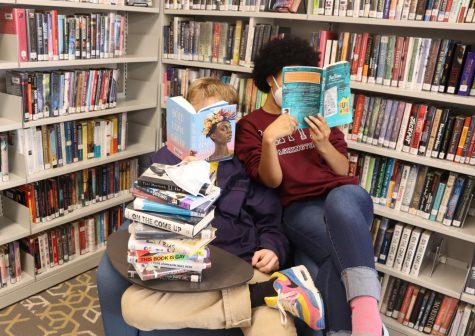
The aforementioned incident last spring that started it all was a video from an April 30th community forum that just so happened to go viral. In the infamous video, a Rockwood parent stands up and says the words that would become plastered beneath every headline: “Just because I do not want critical race theory taught to my children in school does not make me a racist, dammit!” To note, the community forum, made up mostly of parents of students in the district, was not a district-sponsored event.
What followed was a cavalcade of misinformation which led parents in the district to believe that Critical Race Theory, a graduate-level mode of analysis, was being taught to their elementary school students. After the community forum, the anti-district fervor only grew to the point that Rockwood’s director of education equity and diversity, Brittany Hogan faced death threats for her work to make Rockwood’s curriculum more diverse. The threats consequently led him to leave the district altogether.
The intense spotlight led to the cover of Time Magazine, where in July, the publication covered the ins and outs of Rockwood’s year of controversy. And the coverage of the conversation has been nothing but sensationalized. Controversy gets clicks, and a video of parents going on emotional tirades is a fast track to an instant media sensation.
But have those parents and these “movements” made an impact? Have these demands actually changed anything?
Yes. And no.
Some parents in these districts who stand opposed to their elected school boards feel abandoned and lied to. They are upset about the lack of action taken to solve their concerns and complaints. If the most recent Rockwood protests over wearing masks are any indication, these parents, feeling unheard and disregarded, are only growing stronger and more loyal to their cause.
With school board seats becoming increasingly influential, this issue has gone national. And now, seven months later, the video that launched a thousand clicks has morphed into a new national platform for the Republican Party.
As reported on CNN, November headlines out of Virginia and Pennsylvania read “School boards are under siege. It’s going to get worse.” Glenn Youngkin won the governorship in Virginia on a platform of parental control in public education, claiming their children would be forced to learn Critical Race Theory. Youngkin, an outsider to the world of politics, saw the stirring controversy surrounding school boards as an opportunity to capture a growing sect of the Republican electorate.
Yet, here, where the controversy started, the push for more parental control over education has hardly left the Rockwood district. While the Rockwood school board has weathered outbursts of parental anger due to mask mandates, inclusive curriculum, and alleged inappropriate literature, the Brentwood School District, only a few miles east, has had none of the same issues despite being in the same county with the same number of COVID cases, and with its schools featuring an increasingly racially diverse and inclusive curriculum.
In Brentwood’s tight-knit community, everyone knows everyone – at least it feels that way, making it easy to stay involved and engaged in the happenings around the school district. In many areas, this would lead to a surge in controversy and differing opinions, but here in Brentwood, those disagreements are scarce.
Brentwood board member, Keith Rabenburg a 25 year veteran of the school board, said, “People in Brentwood are generally pretty sensible. I mean, that sounds simplistic, but I do think it’s important. I think it’s real. I think it’s a culture that is conducive to people not getting out of hand. For those reasons, I think that we’re special.”
An affable community with sensible citizens certainly helps Brentwood to remain consistent and pragmatic, but even at Rockwood, the tangible impact of parents has been small. Since last April when the controversy ignited, no books have been taken off library shelves — although nine books are currently being challenged. Two other books were challenged earlier in the year but retained without restriction. As for mask mandates, the vote to make this optional is actually happening tonight.
When asked whether pressure from parents has caused changes to the school curriculum, the RSD director of communication, Mary LaPak, said “No, however, there has been a lot of talk about our curriculum and a lot of misperception, and so we are constantly looking at how we can better communicate what our instruction is and what our instructional materials are.”
Parents are angry, but right now, their influence is negligible. And the occasional threat has not helped their case. “We understand that people are passionate, we absolutely want and welcome parents to be involved in their children’s education, and we want them to be involved in the board meeting process and the decisions that the board makes. But when speakers cross the line from expressing their thoughts to the point where it’s causing a disruption, they’re launching personal attacks or making veiled threats to elected officials or staff members. We can’t tolerate that,” said LaPak.
But even without any tangible changes to curriculum, mandates, or literature, a growing group of parents opposed to public education is a daunting force that politicians are starting to take note of. Support for legislation like Missouri HB. 952, which bans the New York Times’s 1619 project from being taught in any public school in the state, is changing a vocal minority to a political force.
With April school board elections on the horizon, these races are subject to become much more competitive. Candidates are far more likely to run campaigns that get the best voter feedback, and right now, advocating for parental control seems to be getting the votes. So although there have yet to be any major changes in schools and as of now, school libraries remain safe, a wave of reform could certainly be on the horizon.



